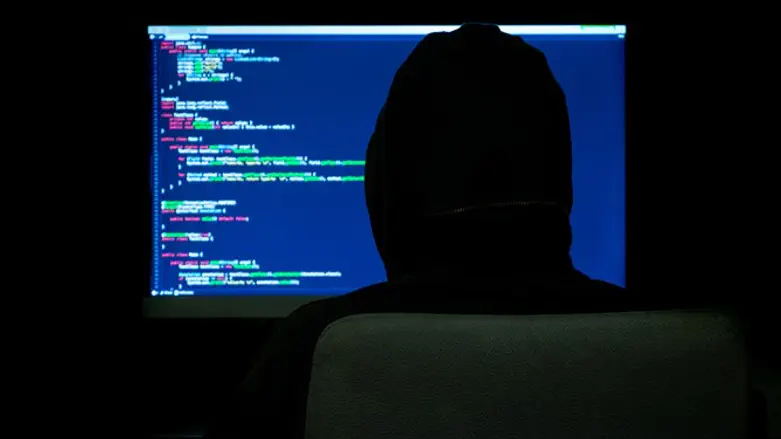
The Interpol international criminal police organization has issued an advisory to individuals and health agencies alike, warning that criminal elements are highly likely to take advantage of the forthcoming release of a number of coronavirus vaccines to execute scams and data theft of various kinds.
“High demand combined with a limited supply will make COVID-19 vaccines the equivalent of liquid gold to organized crime networks as soon as one is available," Jürgen Stock, Interpol’s Secretary-General said.
Interpol noted that “the pandemic [has] already triggered unprecedented opportunistic and predatory criminal behavior” including the “advertising, selling, and administering of fake vaccines.” Criminal elements have also been impersonating governmental and healthcare officials in order to steal data and money.
Health regulatory bodies are now being urged to take steps to ensure the safety of the vaccine supply chain, and also to swiftly identify illicit marketing of fake products. However, given the expected “onslaught of all types of criminal activity linked to the COVID-19 vaccine,” individuals are also being warned in the strongest terms to authenticate any product or procedure for themselves, as fake products are liable to pose a serious health risk to those unwittingly using them.
Now that several countries have begun floating the idea of “Covid passports,” another avenue of illicit revenue has opened up with criminals likely to sell faked test results, bogus tests, and even forge the passports themselves if they are ultimately introduced. This is not mere speculation; several months ago, a number of MDA volunteers were charged with selling falsified negative coronavirus test results to people who wanted to travel abroad.
Interpol also noted that sites marketing fake Covid-19 products are likely to pose not only a health threat but also a broader cyber threat. Their advisory reports that out of 3,000 websites associated with online pharmacies suspected of selling illicit medicines, around 1,700 contained cyber threats, especially phishing and spamming malware.
An earlier report by Interpol concluded that the coronavirus era has presented criminals with unique opportunities for online crime, as the number of people working virtually rather than on secured office networks has soared. In addition, criminals have been targeting the cyber infrastructure of healthcare agencies themselves, inserting disruptive malware and demanding ransom for the restoration of functionality.
“Cybercriminals are developing and boosting their attacks at an alarming pace, exploiting the fear and uncertainty caused by the unstable social and economic situation created by Covid-19,” Interpol Secretary-General Stock said, warning that law enforcement agencies must swiftly adapt to the changing circumstances in order to keep one step ahead of their adversaries.

